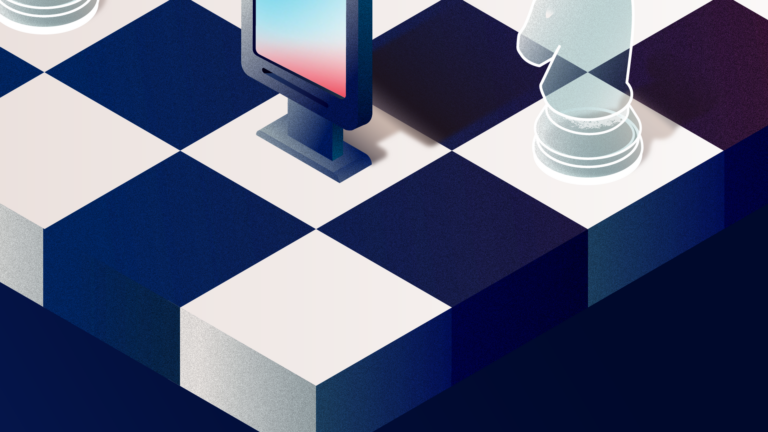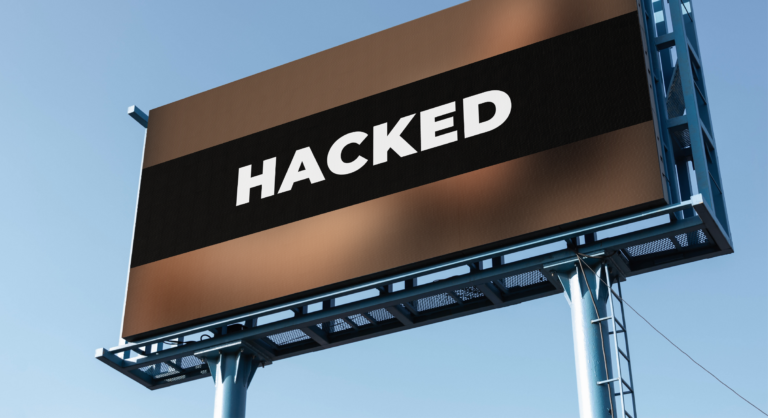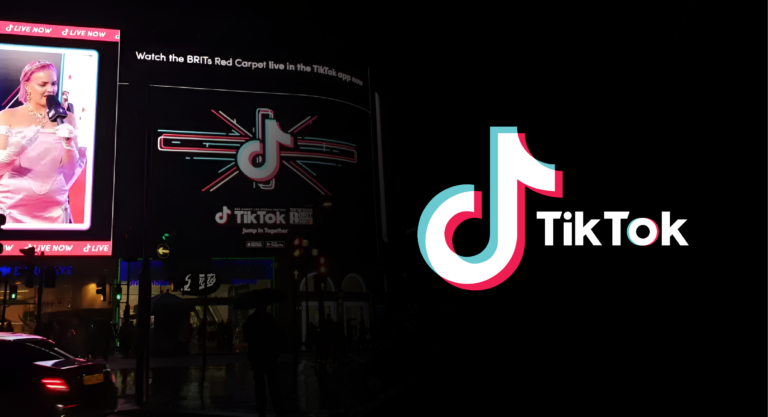From a simple mistake to a major disaster there is just a single step, especially when it comes to cybersecurity. In November 2022, a DOOH screen in Brisbane (Australia) was hacked, allowing the transmission of pornographic content for more than 3 minutes. Another case occurred a month ago in Israel, where screens located in Tel Aviv were accessed to transmit messages related to the war crisis.
These are just a few examples of a rising trend. By 2025, cybercrime is estimated to cost the global economy around $10.5 trillion a year, up from $3 trillion in 2015, as reported by Cybersecurity Ventures. Now, who is behind this? According to Verizon, most of these attacks are triggered by outsiders, insiders or organized crime groups.
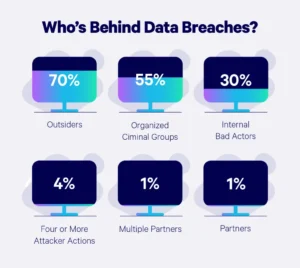
In the OOH industry, more than ever, it is vital to stay ahead of the curve in prevention practices. Running the risk of a weak security system can delay workflows, compromise sensitive information and affect both the reputation of the publisher and advertiser.
Below, we share some of the best practices you can implement to prevent a possible attack on your DOOH inventory:
- Use strong passwords
The first step in protecting against cyber attacks is to create passwords that meet NIST cybersecurity standards.
- Raise awareness among your team
Often, employees take cybersecurity too lightly. Conduct training on how to use strong passwords and detect/report suspicious activity across the whole organization.
- Manage login credentials
Distribute credentials to different team members to minimize the impact of a single security breach. Remember to immediately remove access to employees who no longer work for your company.
- Strengthen remote access control
Opt for software that enhances security in remote connection programs. For example, ViiA Health generates an additional layer of security as a two-factor authentication (2FA) solution. In addition, it logs each instance of access, catalogs which programs should be run (whitelist) or blocked (blacklist), and immediately notifies the technical team when it detects restricted programs in use.
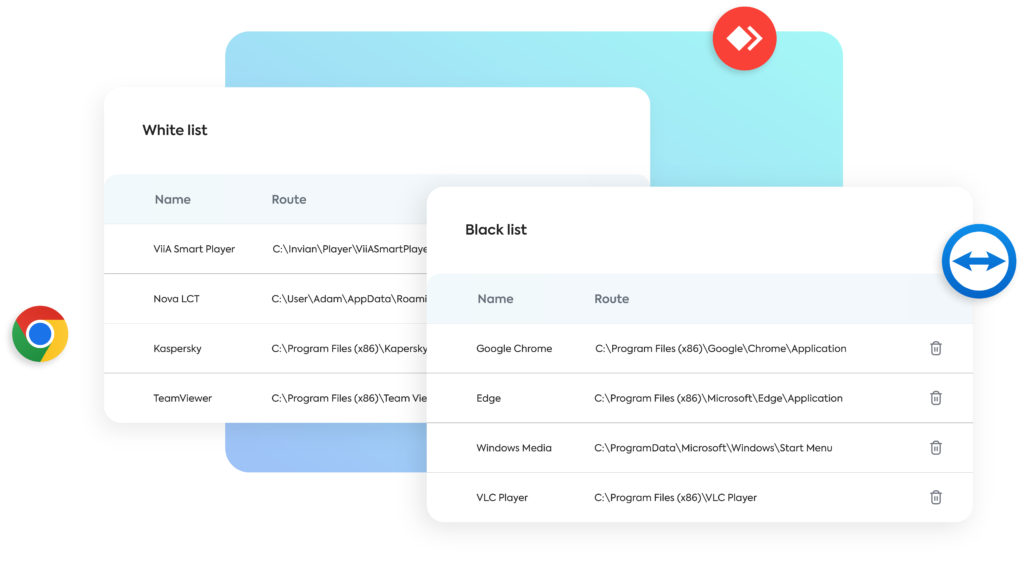
- Establish physical security barriers
Screens are easily accessible to the public, making them an easy target for vandalism. Prevent external equipment from being exposed, periodically check the status of your cameras, and install remote switches to shut down your displays in case they are hacked.
- Use a virtual private network (VPN)
VPNs provide a more secure environment than a public Internet connection. It will also allow you to efficiently control the internet resources of your DOOH inventory.
- Keep your software legitimate and up-to-date
Remember that piracy is a gateway to vulnerabilities. A small investment can signify huge peace of mind.
